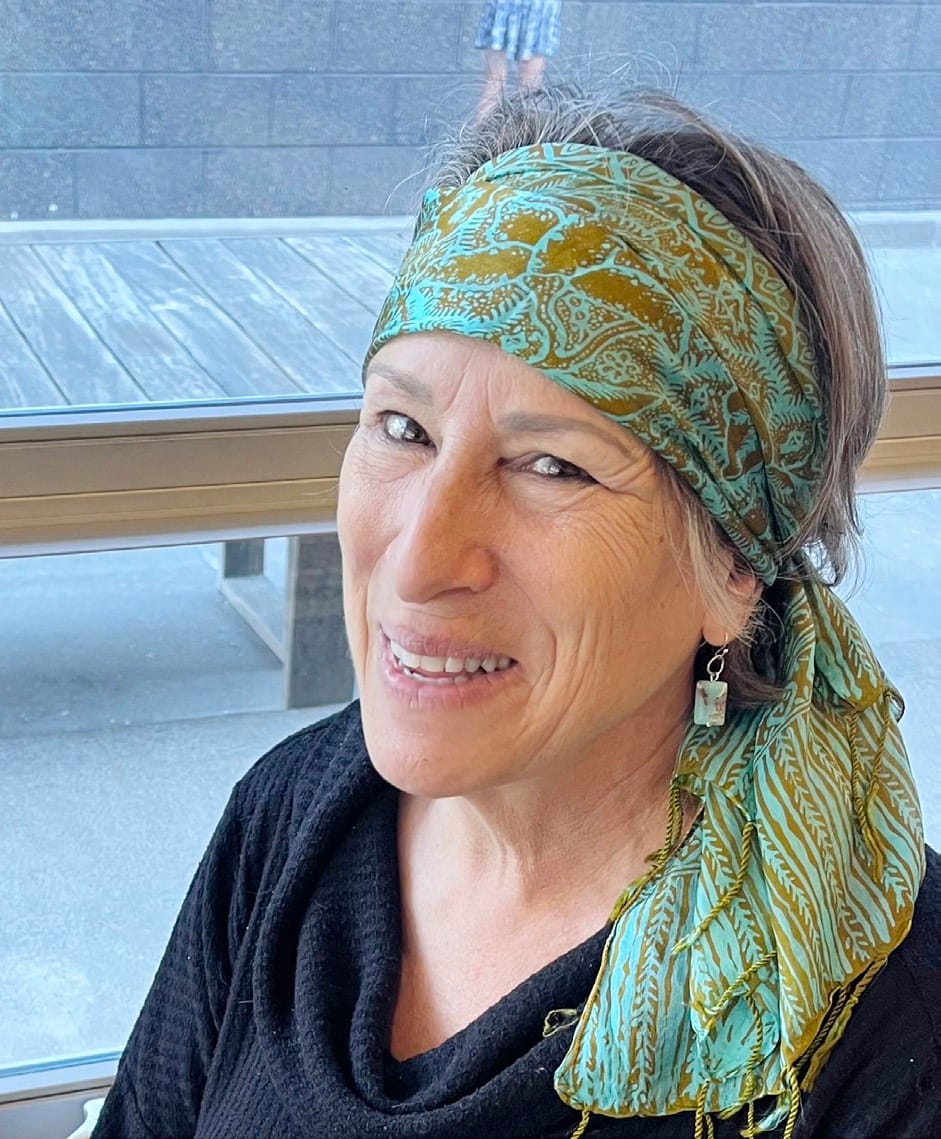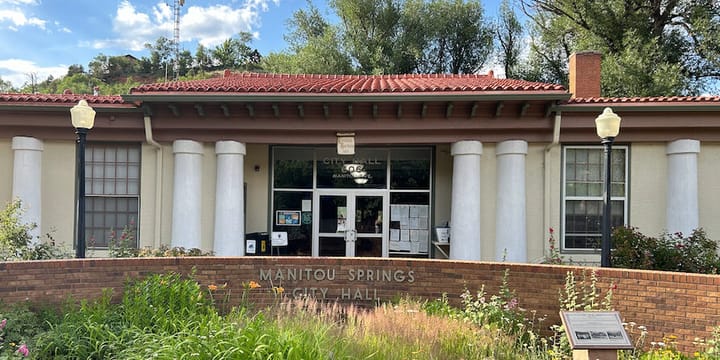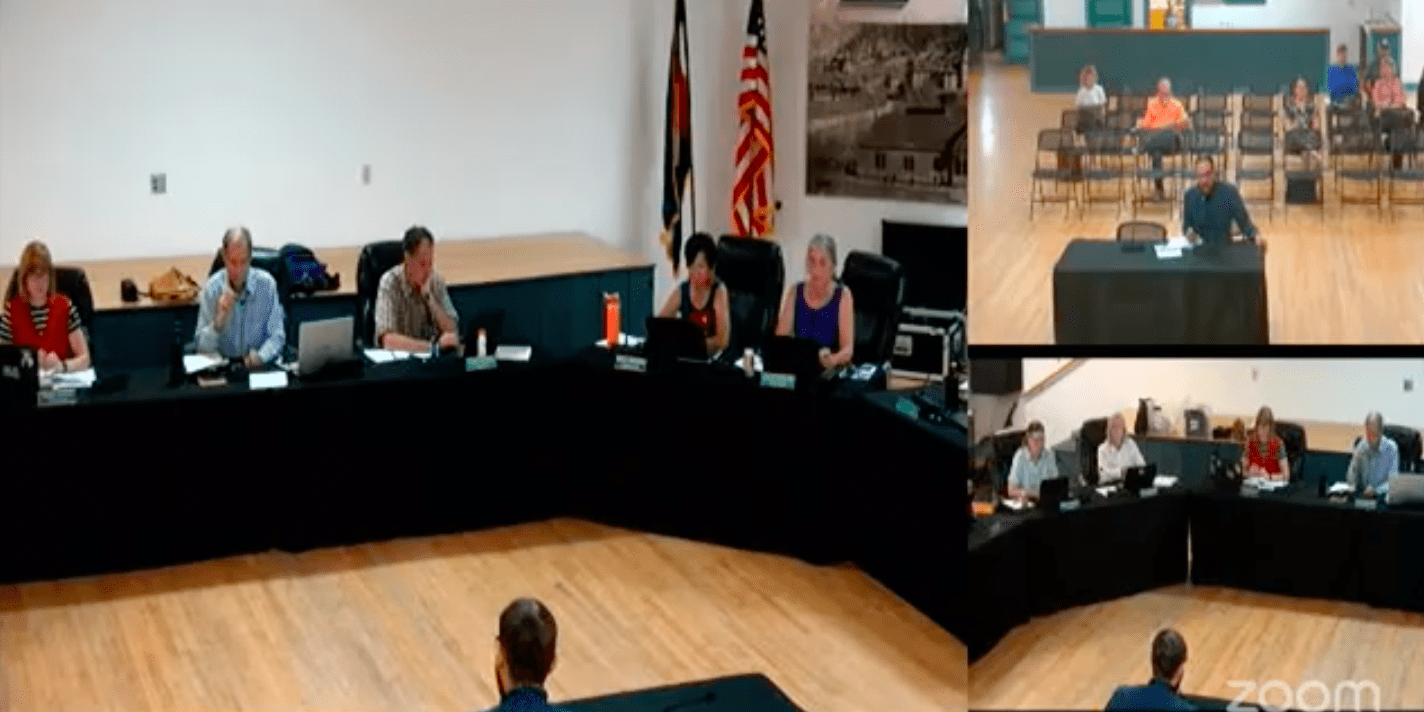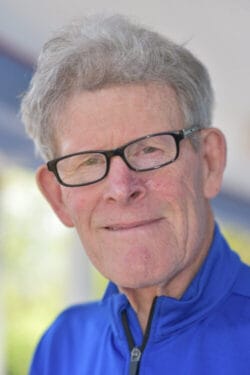Dear Mrs. Hughes July 10th

Dear Mrs. Hughes,
Is it ever appropriate to lie? If so, how do you know where the line begins and ends? I was raised to value honesty. I ask myself if clinging to this ideal is noble or just downright stupid? I see everyone around me lying to some extent to get ahead both personally and professionally. It is getting harder and harder to maintain my integrity while I see other people advancing their careers and social standing through blatant fabrications and mistruths. I feel if I do not join in, I will be left behind. I know this is wrong, but is it all that wrong if everyone else is doing it? Do the ends justify the means?
Signed,
Is Honesty the Best Policy?
Dear Is Honesty the Best Policy,
Oh boy, did you ever throw me a zinger! I could write an entire thesis on this subject. My gut response is to say categorically, "No, it is never appropriate to lie." However, I am really digging deep on this one and can't, in all honesty, be flippant. This is an extremely nuanced matter. Truthfully, I felt inadequate to handle this question by myself, so I consulted with some of the people I respect most in the world, including my seven-and nine-year-old grandchildren. They said it is okay for me to lie if I am planning a surprise for them! I garnered a wide range of responses from others ranging from "it is never okay to lie" to "it depends on the situation." I watched a documentary on the science and culture of lying called (Dis)Honesty: The Truth about Lies.
I contemplated this issue profoundly for many days and found myself examining everything I thought or said that stretched the truth even just a little. I discovered that at least half of that stretching was done to fool myself! I did a thorough inventory of all the big lies I have told in my life and all the little ones I thought were negligible (they weren't) and how the consequences of those have played out to shape the course of my life. Many I wish I could go back and undo. But if I am being brutally honest, many I am glad I committed and would probably commit all over again. All have taught me something about myself, my motivations, and my core values.
Is honesty the best policy? I hear what you're saying and empathize with your dilemma about compromising your ethics to get ahead or be left behind. That is a difficult personal choice, and one you will have to live with, regardless of the decision you make. In my research, I discovered that the first big lie someone tells is the hardest. It receives a huge response from the brain that signals something is wrong. It evokes feelings of guilt, shame, doubt and often elicits a physical response. After that, lying gets easier. When you lie about the same thing over and over again, the brain stops responding and starts believing it as truth. That is how we begin to fool ourselves, reinvent reality, and stop perceiving ourselves as bad.
Let's be honest, it is intrinsically human to lie. The larger the brain, the more the propensity to lying. We all do it. Children naturally lie from a very early age starting when they learn how to talk. At that age they don't have a clear distinction between fantasy and reality. I've seen babies who can't walk yet burst out laughing when someone makes a joke by pretending to fool them in some way. In preschool age children lying is connected to imagination, wishful thinking, creativity and helps them build their brains. Is an imaginary friend a lie? Reverse psychology is basically a lie turned on its head.
People lie for all kinds of reasons. Some we might find worthy like saving a life, survival, protecting self or someone else from harm, providing for one's family, protecting one's privacy, disobeying an unethical law. Then there are the heavy hitters, the ones that start out with the intent to cause harm or take advantage of others. These are perpetrated by a minority of people.
The majority of the lies we tell fall somewhere in the middle. These are the ones you are talking about that become easier to justify the more we commit them. Our motivations for committing them are numerous including: not wanting to get into trouble, wanting to be perceived more favorably, low self-esteem, wanting to get ahead professionally, wanting to fit in, testing boundaries, to cover something up, to get a reward, to gain approval, fear, shame, or guilt, avoiding conflict, embarrassment, to maintain control or independence.
We rationalize our lies through self-deception telling ourselves: everyone's doing it, it's just easier, I'm too tired, no one will find out, it's really not that bad, I'm not hurting anyone, it's just a little creative accounting, it's socially or professionally acceptable, it's no one else's bus ines s , I 'm protect ing someone who can't handle the truth, I don't want to hurt someone's feelings or worry them unnecessarily, it's just a little photoshopping ... The list goes on and on.
My personal philosophy is that the ends never justify the means. There is ONLY means. How we do something, no matter what the eventual outcome, sets the standard for our personal code of ethics and morality. It is a blueprint of our intention.
It sure is a lot easier to tell the truth. In the long run, you won't trip yourself up. At this point in my life at age 66, I am trying to practice radical honesty. This means telling the truth about even the littlest things I might otherwise have lied about including masking how I'm feeling. I have discovered three big silver linings with this approach. It has caused me to feel fearless and unapologetic. It has motivated me to be creative with how I say things. The most monumental result is that I have felt closer to people because of it. Surprisingly, when I am honest with others and allow them to see a vulnerable side of me that I have otherwise withheld, I am always greeted with understanding and appreciation. Reciprocally, they will often open up about a personal vulnerability of their own.
You will have to decide how far you are willing to stray from your own integrity. Let's not be naïve. Does it hurt to see so many others pulling ahead professionally and socially through lies, fabrications, and mistruths? You bet it does! Can you live with yourself if you follow in their footsteps? How far are you willing to go? How can you maintain your integrity and succeed in a corrupt environment? These are the questions you will have to ask yourself. I suppose these are the questions we all have to ask ourselves every day.
Dear Is Honesty the Best Policy, thank you for your thought-provoking question. And readers, I would be happy to hear from you about your thoughts on lying and any personal anecdotes that apply.
Yours Most Truly,
Mrs. Hughes
About Mrs. Hughes
Mrs. Hughes is the pen name of Raizel Weiss Heizer, a licensed professional counselor, officiant, sacred passage doula and grandmother in Colorado Springs. She also has a background in the performing arts. Send your questions on life, love, money, parenting, difficult neighbors, or any sticky situations to dearmrshughes@pikespeakbulletin.org. No topic off limits, though publication is not guaranteed. Use a pseudonym if you wish.
[elementor-template id="14067"]



